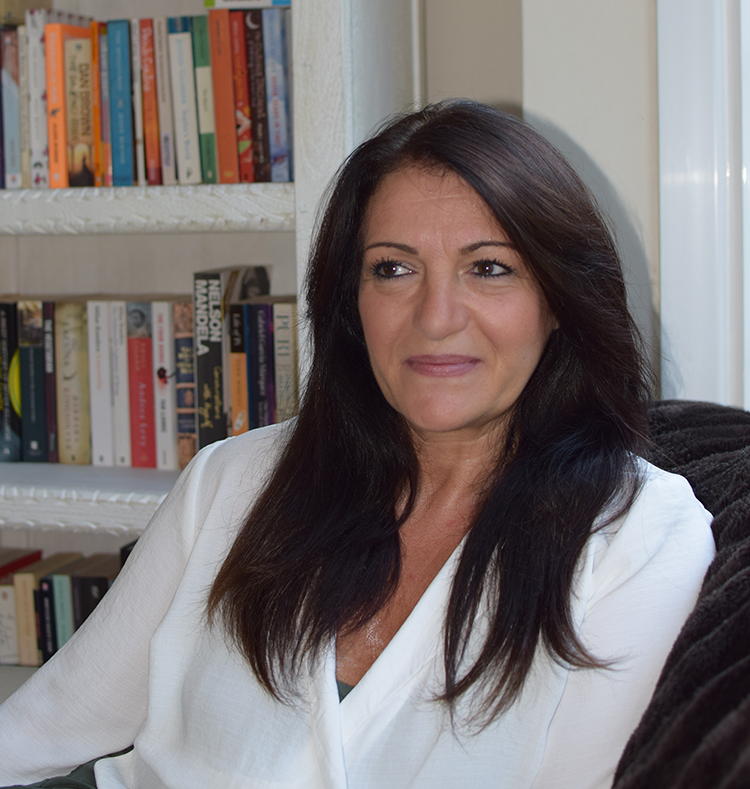New technology connects students with copyright compliant material
August 2, 2018
Australian universities learned how to harness technology to better connect their students with copyright-compliant course materials when leading British university copyright expert visited the Gold Coast. Kate Vasili from Middlesex University attended the Asia-Pacific Library and Information Conference on August 1 to share her experience with best-practice digital solutions during her visit.
Middlesex University partnered with the UK’s Copyright Licensing Agency (CLA) on the development of the Digital Content Store, a web-based platform designed to improve workflow by reducing the time spent sourcing and checking copyright compliant course materials. More than 90 British universities now use the Digital Content Store, which has been widely praised by the sector.
Kate Vasili, Middlesex University’s copyright officer, outlined to librarians how the new web-based system has enabled users to research, record and monitor all digital book chapters and journal articles, easing the copyright burden on higher education institutions.
“Librarians and academics are very time poor and creating course reading lists with digital course readings is admin intensive. With more than 33,500 students at Middlesex University’s global campuses, it is an enormous undertaking for librarians, academics and copyright officers to ensure that all students are supplied with high-quality, copyright-compliant course materials that are also accessible to our disabled students.
“The Sheppard Library in London is open 24/7, and contains 350,000 books and 24,000 online journals. We have digitised over 5300 readings since 2012, and currently digitise approximately 1000 new readings per year. With so much content being copied annually, a centralised library service and automated system was needed to supply high-quality, accessible, copyright compliant content, accurately capture usage and fairly remunerate academic authors and publishers more efficiently” she explains.
“The Digital Content Store has streamlined the process of providing access to more digital readings to students as well as helping staff to provide copyright-compliant material from a central repository, saving them considerable time and the University money when compiling course Reading Lists and online reading materials via the learning management system.”
“Not only that, it’s freed up academic time to concentrate on teaching and helped our librarians to get out from behind their desks and interact with students more.”
Copyright Agency Chief Executive, Adam Suckling, says, “We are incredibly excited to hear how the DCS solution has helped libraries and academics, and fostered a new era of cooperation between universities and the UK Copyright Licensing Agency.
“We are eager to replicate this collaborative approach with an Australian version of the system called Flex, which is currently being trialled in the education sector.
“Flex has been tailor-made for the Australian higher education sector and will link into existing library systems, as well as connecting to the British Library’s more than 87 million documents,” says Mr Suckling.
Flex has been designed as a module that complements any system and will be offered as an inclusion for no additional fee in the existing university licence.
Mr Suckling says, “Feedback is being sought from librarians and other educators to enhance the final version of the product and we have been talking with Australian libraries about offering a similar service back to the British Library using Flex.”
To find out more about Flex or to participate in a Flex trial, visit copyright.com.au/flex.
Kate Vasili, Copyright Officer from Middlesex University. Photo courtesy of Ms Vasili.


